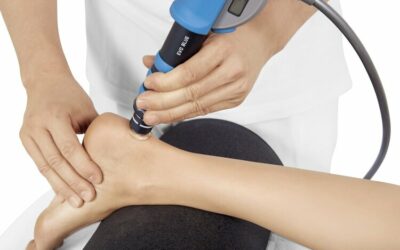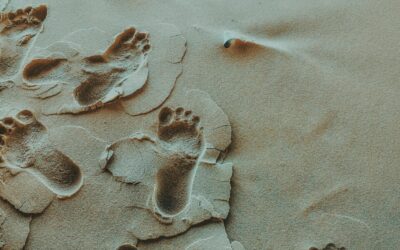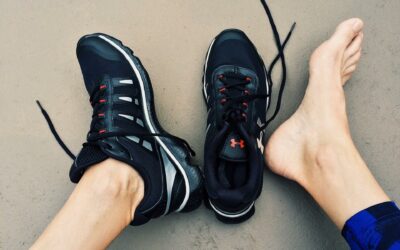It has to be the worst time of year for itchy feet with central heating and thick socks adding to the itch that always seems to get worse at night.
As well as the routine changes, such as heating and fluffy socks the winter months bring, there are other causes of that unbearable itch!
In this article, we cover the reasons for itchy feet as well as prevention, and we start with:
Why do my feet itch at night?
The medical term for “itchy night feet” is Nocturnal Pruritus, and many of us suffer from it.
Although it is highly likely that the itch comes from something simple, like your body’s circadian rhythm (changes in hormones, molecules, and chemicals) it would be best to rule out any actual skin disorders or indeed bedbugs!
You want to begin with inspecting your feet. Are there any signs of redness or dryness?
Are your feet starting to smell different?
If you have no apparent changes and the itch comes only at night, then you could just be experiencing the effects of the Circadian rhythm.
CIRCADIAN RHYTHM
Circadian rhythm is the body’s 24-hour cycle, and during the evening, your body starts preparing for rest, causing fluctuations in our hormones.
The Circadian rhythm can result in the following –
-
Increased blood flow to the skin
-
Decreased corticosteroid (hormones that help reduce inflammation)
-
Increased cytokine (molecules that coordinate cells communication)
-
Increased skin temperature causing you to sweat
-
Water loss (from sweating)
All of which can leave you feeling irritable, and itchy!
Of course, there are other times our hormones can change, which can have the same itchy effect. Both menopause and pregnancy can bring changes in our estrogen levels resulting in dry, itchy skin.
If you have ruled out hormonal fluctuation and have some signs of dry or blotchy skin, you may want to consider other skin disorders such as –
ECZEMA
There are many types of eczema, and with it many different causes. Some diagnoses are due to contact with an irritant, others due to blood flow.
Signs of Eczema include –
-
Itchy dry skin
-
Burning or stinging sensation
-
Scaly skin
-
Areas where the skin appears to have thickened
-
Hives and blisters
Eczema can be mistaken for Psoriasis. If you believe you have Eczema, it would be advised you seek a medical opinion from your local GP who will be able to diagnose and prescribe over the counter treatments.
PSORIASIS
Psoriasis is another skin disorder which can appear scaly but is more often seen on the elbows and knee joints.
FUNGAL SKIN INFECTIONS
Skin infections such as Athlete’s foot can be another cause of itchy feet. Other infections that can drive you a little itch crazy include –
-
Ringworm
-
Pitted Keratolysis
-
pustular Psoriasis
Most if not all skin infections will show signs and symptoms which may include one or all of the symptoms listed below –
-
Redness
-
Itching
-
Burning or stinging
-
A smelly odour
-
Pain when walking
-
Cracking, flaking or scaling of the skin
BED BUGS
The dreaded bug scenario is one made of nightmares, but we must rule it out, especially if the itching is keeping you up at night and affecting your day to day living.
Bed bugs will bite in a line, leaving a neat trail of destruction, a little like a flea. Both can leave you itchy and irritated, however, neither will be drawn solely to the feet so you can quickly rule out this problem if you find bites elsewhere!
SCABIES
Scabies is a skin condition caused by microscopic mites that burrow into the top layer of skin. It appears in a rash form which can become thick and sore in areas.
HOW DO I STOP MY FEET FROM ITCHING AT NIGHT?
Once you have found the cause, you can take action.
If it is nothing to be concerned about and does not need medical attention then here are some top tips to stop the itch –
-
Avoid itchy bed sheets and pyjamas – Cool materials such as cotton or satin.
-
Turn off the heating – don’t spend all evening with the heating on, turn it off or down a couple of hours before bed.
-
Stay hydrated – Make sure you do not dry yourself out during the day.
-
Wear cotton or wool – Ensure you get good socks that will not suffocate your feet during the day.
-
Ventilate your feet – get breathable shoes to wear while you are out and about and avoid wearing slippers while you are relaxing in the evening.
-
Moisturise before bed.
-
Get your pets treated if you think they may be bringing home fleas.
If you feel that there is more to your itchy feet than what has been covered in this article, then we recommend seeking further advice either from one of our well-trained podiatrists or your local GP.



